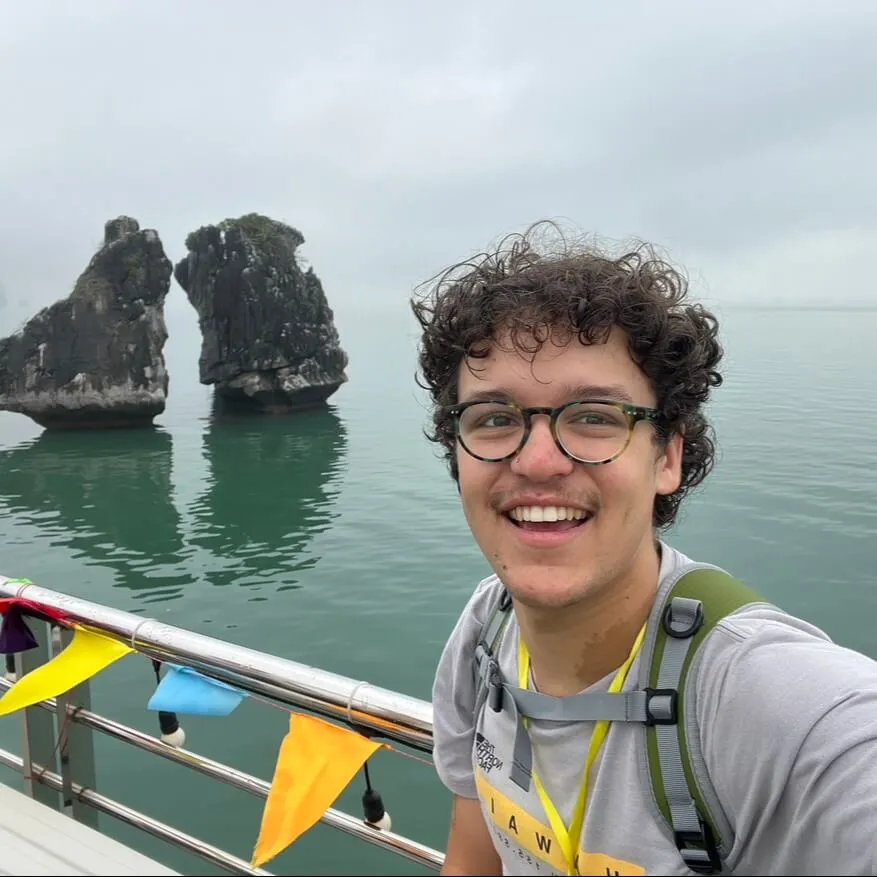Our tutors will teach Year 4 students following the Australian curriculum, ensuring they develop an understanding of history, geography, and civics. By the end of Year 4, students describe the diversity of experiences of people in Australia before and after 1788, including the impacts of European colonisation on First Nations Australians. They explain how environments are important to people and animals and how resources can be used and managed sustainably. Students understand the role of local government and the significance of rules, laws, and community participation. They develop skills in questioning, collecting information, and presenting their findings, using subject-specific language to describe and explain their ideas.
History:
Year 4 students learn about the experiences of First Nations Australians before and after the arrival of the First Fleet in 1788, exploring their continuous connection to Country/Place. They study the reasons for British colonisation and the experiences of the First Fleet's members, including convicts, soldiers, and officials. Students also examine the effects of colonisation on First Nations Australians, including dispossession and cultural changes.
Geography:
Students explore the importance of natural environments, including vegetation and water sources, to people and animals. They learn about the sustainable use and management of resources, including renewable and non-renewable resources, and the role of First Nations Australians in caring for Country/Place. They also examine the relationship between people and environments in Australia and other continents.
Civics and Citizenship:
Students investigate the differences between rules and laws, why they are important, and how they affect communities. They learn about the role and responsibilities of local government and how community members, including themselves, can contribute to local services and decision-making. They explore the diversity of cultural, religious, and social groups in their community and how these contribute to individual and collective identity.
Skills:
Students develop inquiry skills by asking questions about people, places, and events and collecting information from various sources, such as maps and stories. They learn to interpret and analyse data to identify perspectives and draw conclusions about change, continuity, and community roles. Students present their findings using timelines, maps, and descriptions, applying subject-specific terms to communicate their understanding effectively.
%20(1).webp)







.webp)
.webp)
.webp)











.webp)




.webp)



.webp)




















































.webp)
.webp)
.webp)








.webp.crdownload-p-500%20(1).webp)
.webp)
.webp)
.webp)
.webp)

%20(1)%20(1)%20(1).webp)
.webp)





.png)
.png)
-min.webp)
